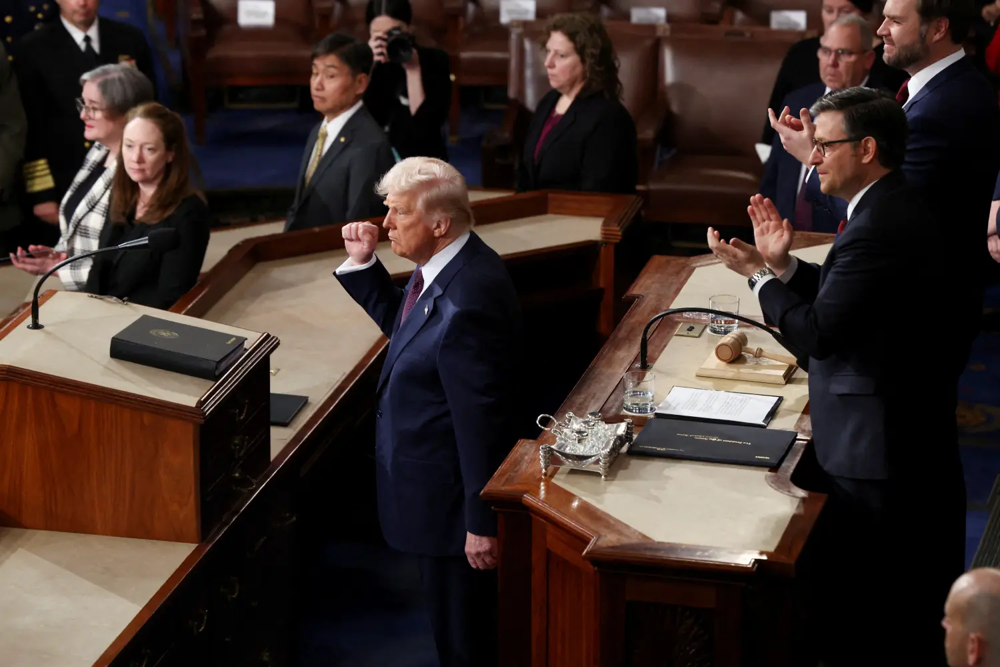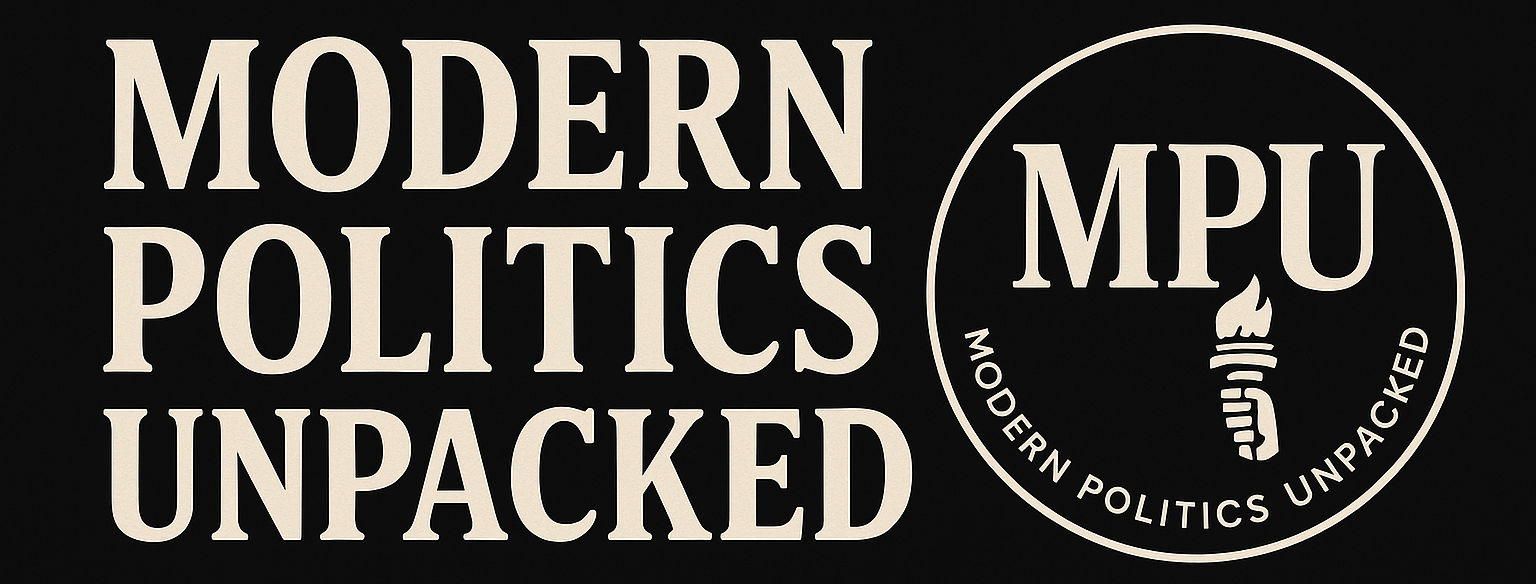Donald Trump's Presidencies: A Comprehensive Analysis of Impact, Ideology, and Global Implications

Introduction
Donald J. Trump’s dual tenures as the 45th (2017–2021) and 47th (2025–present) President of the United States mark one of the most transformative and polarizing periods in American political history. His brand of populist nationalism, coupled with a confrontational style and disregard for institutional norms, has reshaped the Republican Party, challenged traditional alliances, and sparked urgent debates about the health of democracy in the U.S. and beyond.
This report explores Trump’s presidencies through a multidimensional lens—covering government institutions, political behavior, ideology, policy outcomes, international relations, civil rights, and comparative political trends. It aims to provide readers with a fact-checked, academically grounded, and globally contextualized understanding of his leadership and its implications.
1. Ideology and Political Behavior
Trump’s political philosophy is rooted in right-wing populism, economic nationalism, and a personalized leadership style that often challenges liberal democratic norms. His rise transformed the Republican Party, shifting its base toward non-college-educated, rural, and culturally conservative voters, while alienating traditional elites and moderates. Political behavior under Trump’s influence has become increasingly polarized, identity-based, and loyal to personality over party or policy.
Supporters view him as a champion of forgotten Americans, willing to challenge political correctness and globalist elites. Critics cite his authoritarian rhetoric, disinformation tactics, and attacks on media, judiciary, and electoral integrity as dangerous to democratic institutions. (V-Dem Institute, Pew Research)
2. Institutions and the Constitution
Trump has repeatedly tested the limits of presidential power. In both terms, he has used executive actions aggressively, sidestepped Congress, dismissed traditional checks, and attempted to centralize authority. While constitutional constraints like judicial review and state-level governance have held to some extent, Trump’s disdain for bureaucratic independence, his use of acting appointments, and his revival of programs like “Schedule F” represent significant institutional stress. (Brookings, Lawfare)
The judiciary, particularly after Trump’s appointment of over 230 federal judges and three Supreme Court justices, remains a critical arena. Despite his attacks on judicial decisions, the courts have occasionally constrained him—but the long-term ideological shift in the judiciary remains one of his most enduring legacies. (SCOTUSblog)
3. Domestic Policy Outcomes
Trump’s policy record includes:
- Economy: Tax cuts for corporations and the wealthy (2017), deregulation, and tariff-driven trade wars (especially with China). The pre-COVID economy saw low unemployment and high markets, but the pandemic triggered a deep recession. (Tax Foundation, Bureau of Economic Analysis)
- Healthcare: Failed repeal of the Affordable Care Act, but weakened it by removing the individual mandate. (KFF)
- Immigration: Travel bans, family separations, asylum restrictions, and a partial border wall. His rhetoric often demonized immigrants, contributing to social tensions. (ACLU, Migration Policy Institute)
- Civil Rights: Diminished protections for LGBTQ+ individuals, aggressive “law and order” policing, and a rollback of diversity initiatives. (Human Rights Campaign)
- Environment: Withdrawal from the Paris Climate Agreement, support for fossil fuel expansion, and regulatory rollbacks. (EPA archives)
Many of these policies were enacted through executive action and were later reversed under Biden—only to be revived again in 2025.
4. Foreign Policy and Global Governance
Trump’s “America First” doctrine redefined U.S. foreign policy. He questioned NATO, withdrew from international agreements (Paris Accord, Iran nuclear deal, UN bodies), and favored bilateral “deals” with strongman leaders over multilateral cooperation. Key moments include:
- North Korea: Unprecedented summits with Kim Jong-un yielded few results. (CFR)
- Middle East: Abraham Accords normalized relations between Israel and several Arab states. (State Department)
- Russia: Friendly posture toward Vladimir Putin raised alarms, especially post-2016 election interference. (Senate Intelligence Committee Report)
- China: Trade war, tech restrictions, and growing geopolitical tension. (USTR)
The global consequence has been a weakening of U.S.-led liberal internationalism and emboldening of authoritarian actors. Many allies have adjusted by seeking greater autonomy from U.S. leadership. (Brookings, Carnegie Endowment)
5. Identity, Society, and Democratic Norms
Trump’s influence on identity politics is profound. He has amplified racial, gender, and religious divides through inflammatory rhetoric and divisive policies. Studies link his rise to increased racial resentment, hate crimes, and polarization. His denial of the 2020 election results and encouragement of the January 6 Capitol riot represent a direct challenge to democratic transfer of power—an unprecedented event in U.S. history. (Southern Poverty Law Center, ProPublica)
Internationally, Trump’s model has inspired a wave of right-wing populism and democratic backsliding, from Brazil to Hungary. While American institutions have so far prevented full autocratization, scholars warn that repeated assaults on norms could result in lasting democratic erosion. (Freedom House, International IDEA)
6. The Road Ahead: Trump’s 2025 Agenda
In his second term, Trump has moved swiftly to:
- Reassert control over the bureaucracy
- Expand deportation efforts
- Restructure U.S. trade with blanket tariffs
- Challenge judicial independence
- Reduce global commitments and push U.S. unilateralism
The potential outcomes range from a turbulent but contained administration to more severe democratic backsliding, depending on institutional resilience, civil society engagement, and the role of the courts. (AP News, Reuters)
Conclusion
Donald Trump’s presidencies represent a turning point in modern American political history. They reveal deep fractures in democratic norms, test the limits of constitutional governance, and reflect broader global struggles between liberal democracy and authoritarian populism. Whether Trump is ultimately viewed as a necessary disruptor or a dangerous demagogue will depend on both the trajectory of his policies and the capacity of American institutions—and citizens—to uphold democratic values.
This blog will continue to explore these themes in depth. Subscribe for future reports, including analyses of global populist movements, U.S. institutional reform, and upcoming elections around the world.
